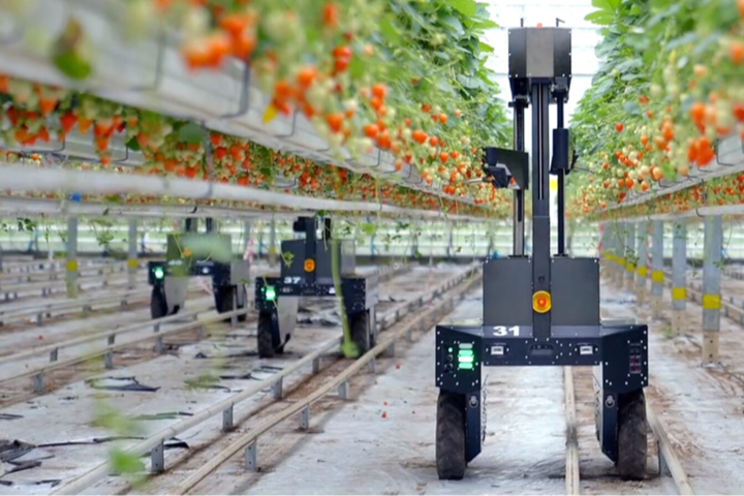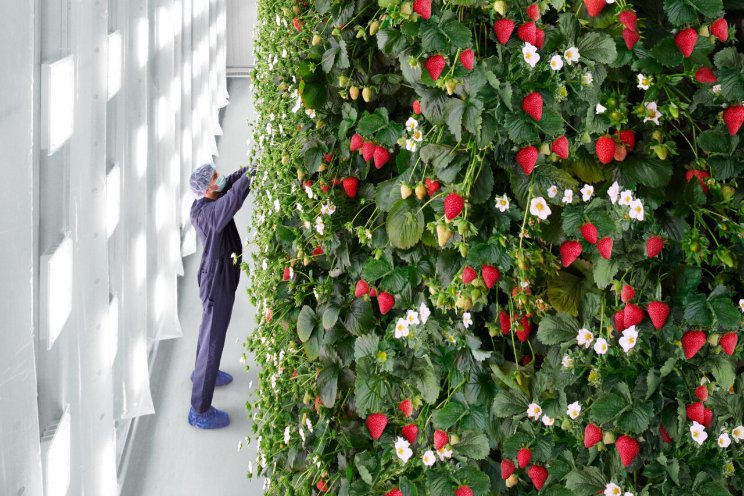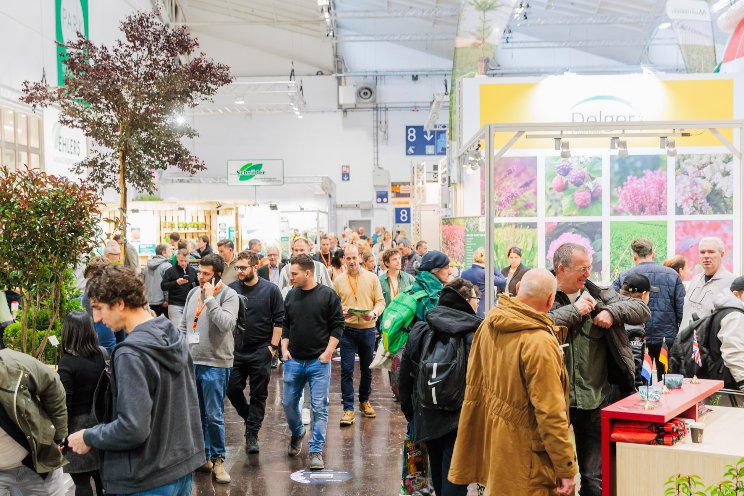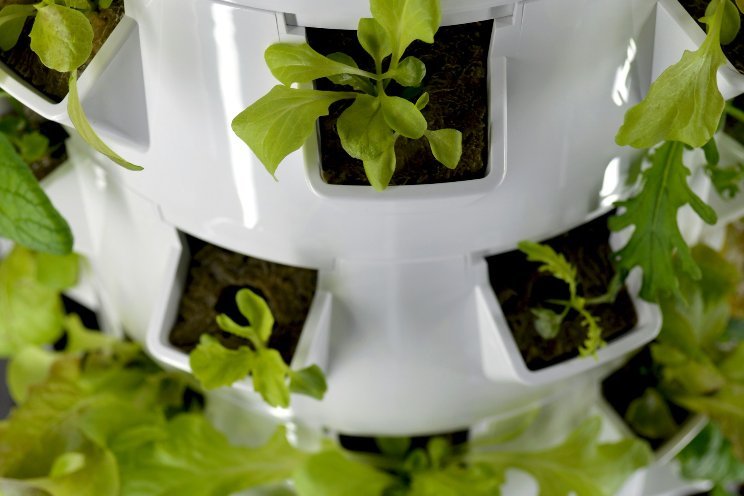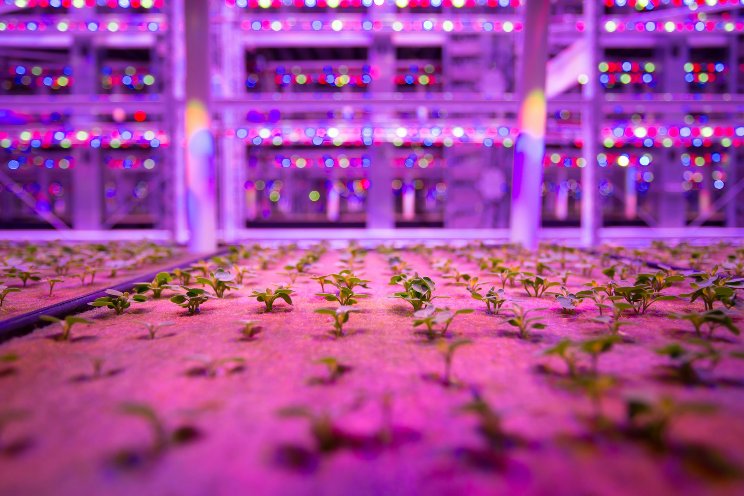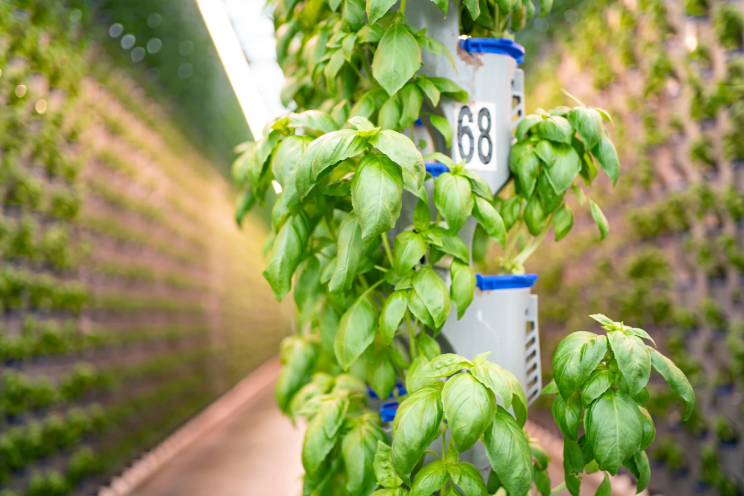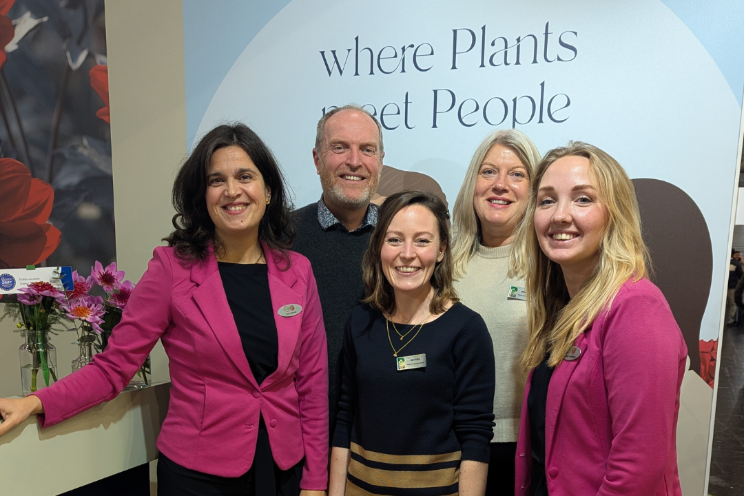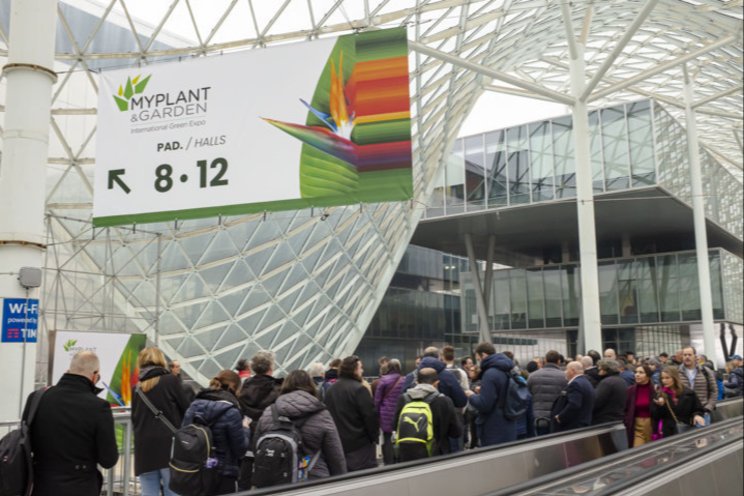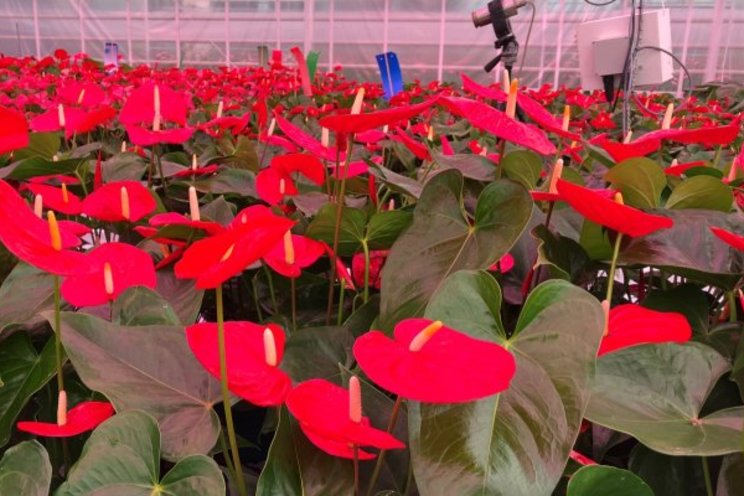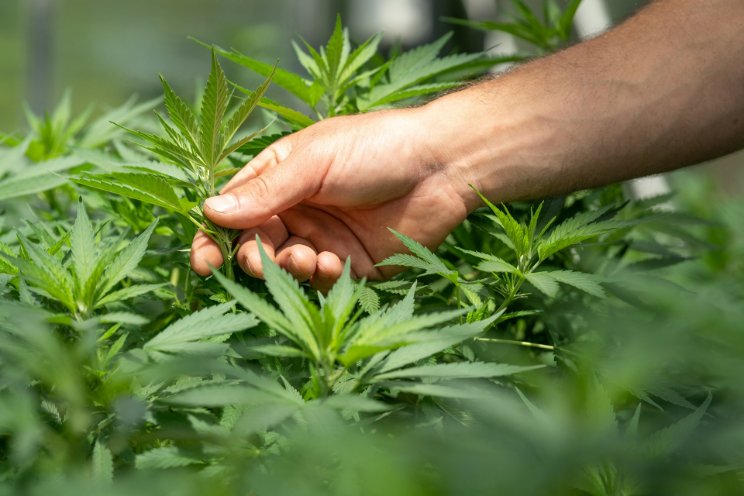Innovative methods secure our food's future
Added on 27 June 2023

Join us at this year’s VertiFarm edition!
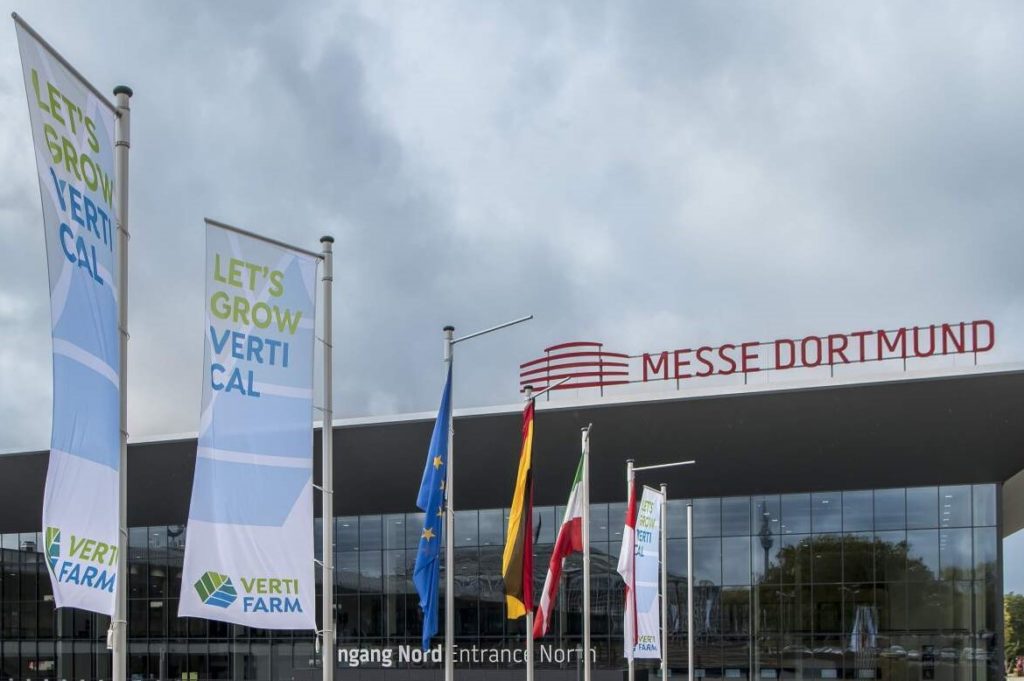
Controlled environment agriculture (CEA) aims to produce high-quality crops and products with maximum productivity in an efficient and environmentally friendly way. Greenhouses, indoor farms, vertical farms, and growth chambers create controlled environments so that tech-assisted cultivation methods (hydroponics and aeroponics) can be used. Messe Dortmund will be staging the second international VertiFarm show between 26 and 28 September 2023, offering suppliers, producers, distributors, and experts a globally unique platform for this key topic of future importance. Last year, the show’s successful début attracted exhibitors and guests from over 35 nations who met in Dortmund to share and acquire information about the entire length of the value chain.
Girded for the future with new technologies
In the first half of this century, global demand for food, feed, and fiber is expected to grow by 70%, with crops increasingly able to be used for bioenergy and other industrial uses. Existing and new demand for agricultural products is thus set to become more of a challenge given what is already a scarcity of land and energy resources. Another agricultural challenge is adapting to climate change and preserving natural habitats and biodiversity. Mastering these tasks calls for new approaches in the future:
The innovative concepts bundled within a framework known as ‘controlled environment agriculture’ offer great opportunities in this regard. This highly engineered approach nurtures plants and cultivated crops in a controlled manner (water, temperature, humidity, ventilation, light, and CO2) to ensure they thrive in the various stages of their growth. This enables sustainable mass production of plant and animal products in urban areas, which has the potential to feed billions of people. In addition, this new approach to cultivation could also have a high impact on supply chains thanks to a reduced vulnerability in times of crisis, such as environmental disasters, wars, pandemics, crop failures, and climate change. At the same time, shorter delivery routes minimize the use of preservatives or wax coatings.
Current forecasts show that global food production will grow by up to 70% to feed the world’s population.
Photos: VertiFarm
More news
